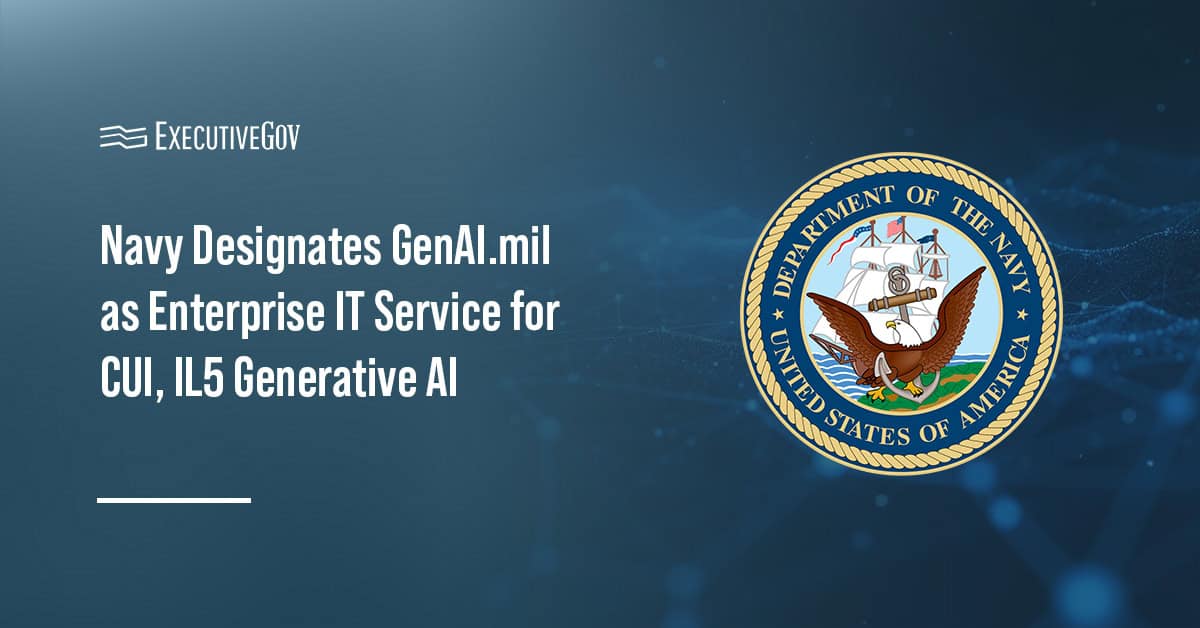
The Defense Advanced Research Projects Agency is looking to move forward with its robot-driven satellite repair program with new industry partners, Space News reported Sunday.
DARPA is now evaluating new proposals following Maxar Technologies’ withdrawal from the Robotic Servicing of Geosynchronous Satellites program earlier this year. The effort aims to deploy robots that would conduct satellite repairs in space.
Joe Parrish, RSGS program manager, told Space News there are multiple firms interested to participate in the project.
The agency held a meeting in May to seek out new proposals. The solicitation ran through July 23. DARPA may determine the program’s new contractor before the year ends, Parrish noted.





